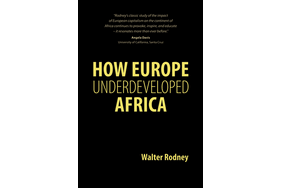All over the world the youngest, historically most employable sector of society is struggling to find secure employment. In China an estimated one third of college graduates are unable to get work. In Spain and Greece unemployment amongst the youth has risen above 50%. In South Africa it is (…)
Youth Unemployment: A Global Challenge
By Glenn Ashton

